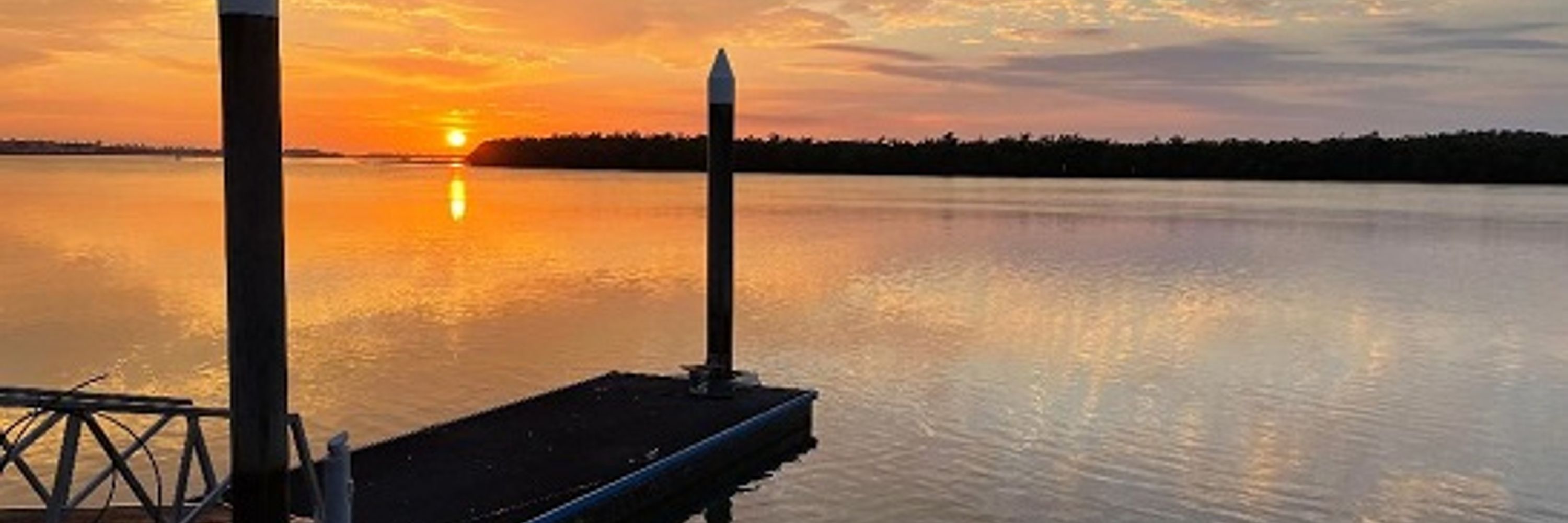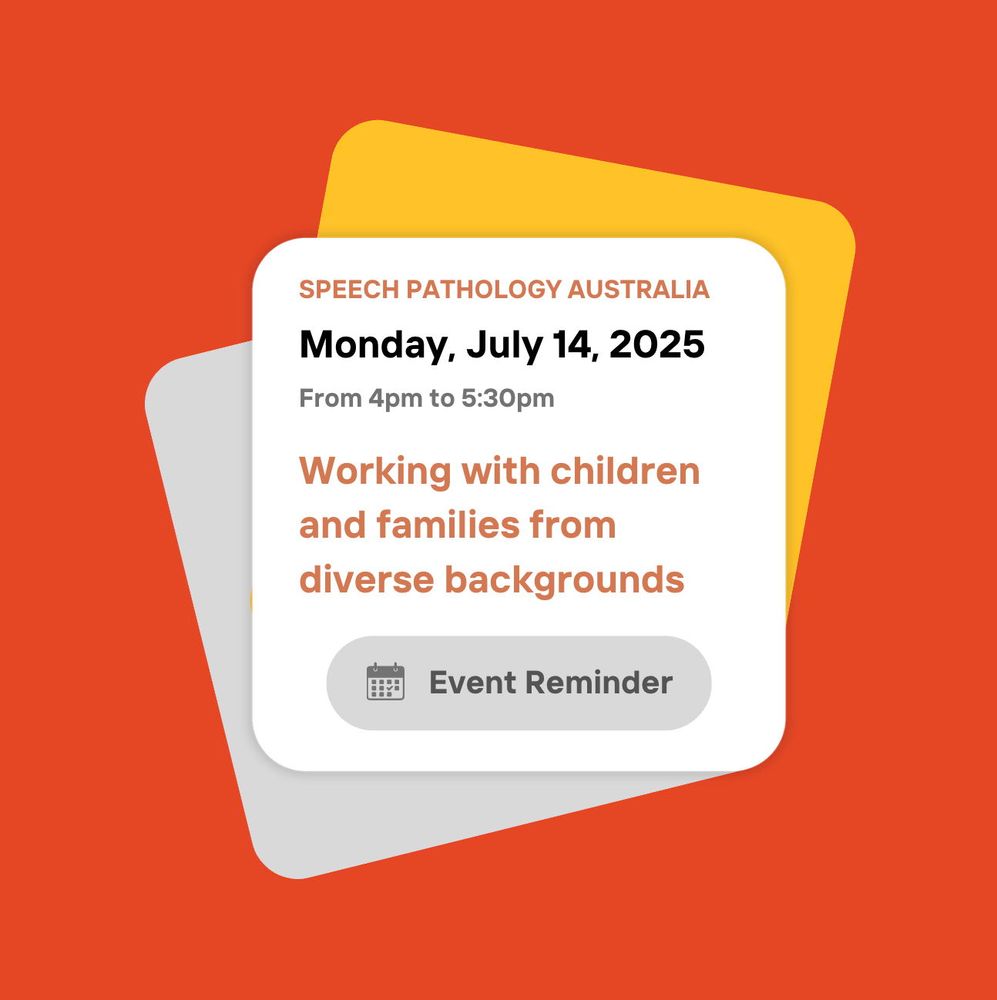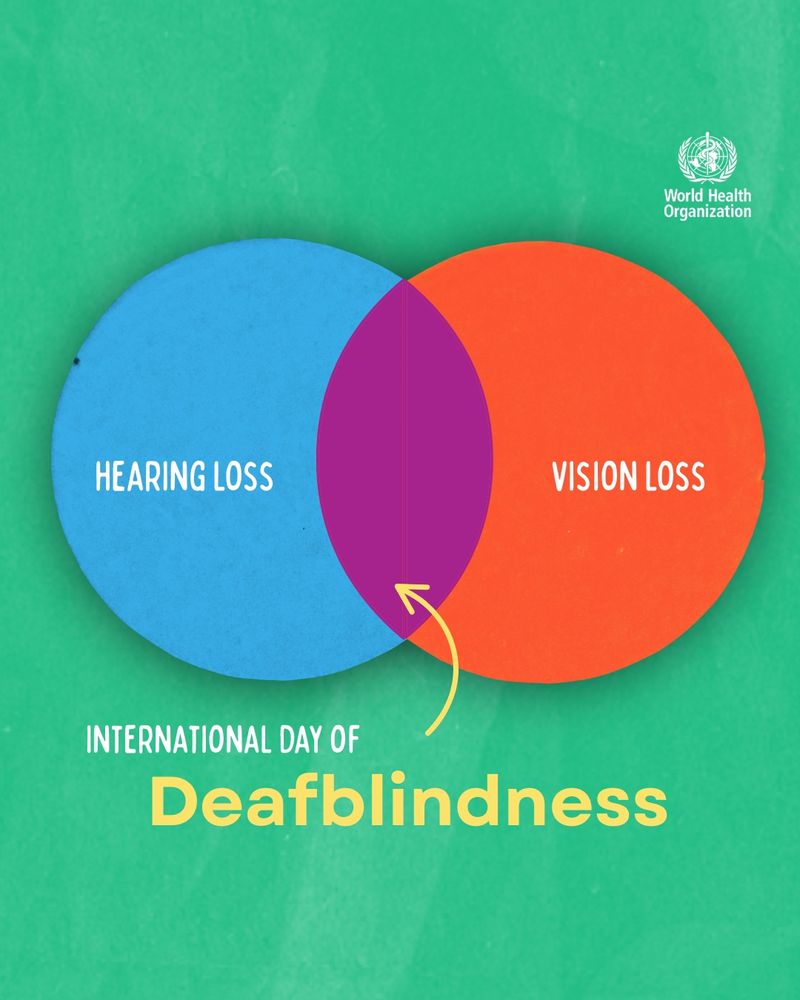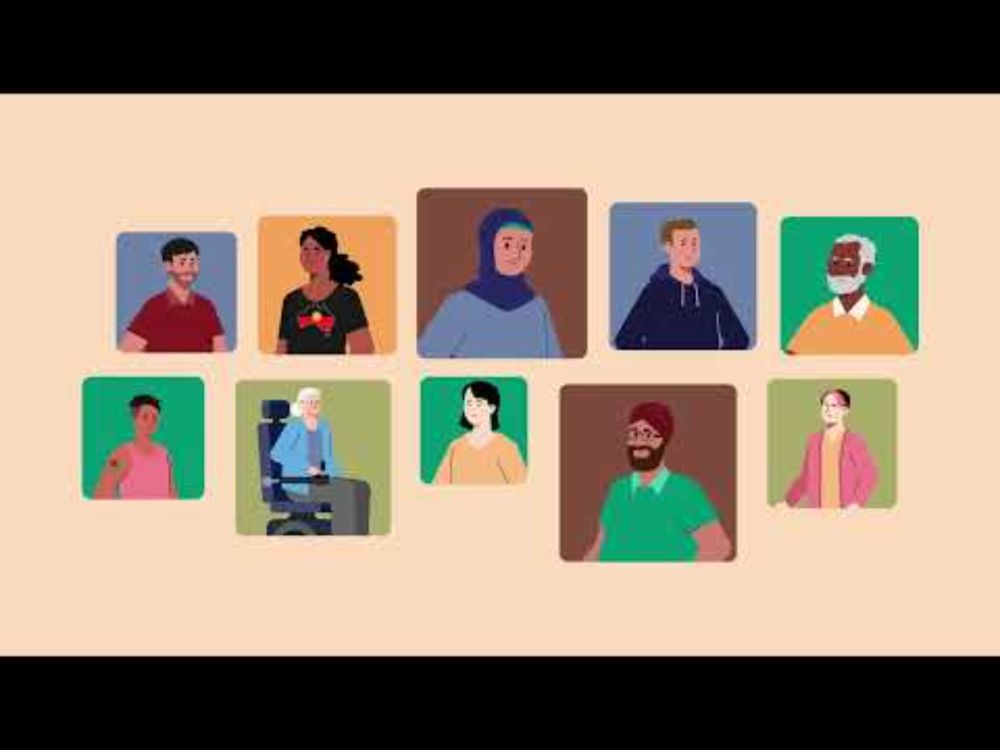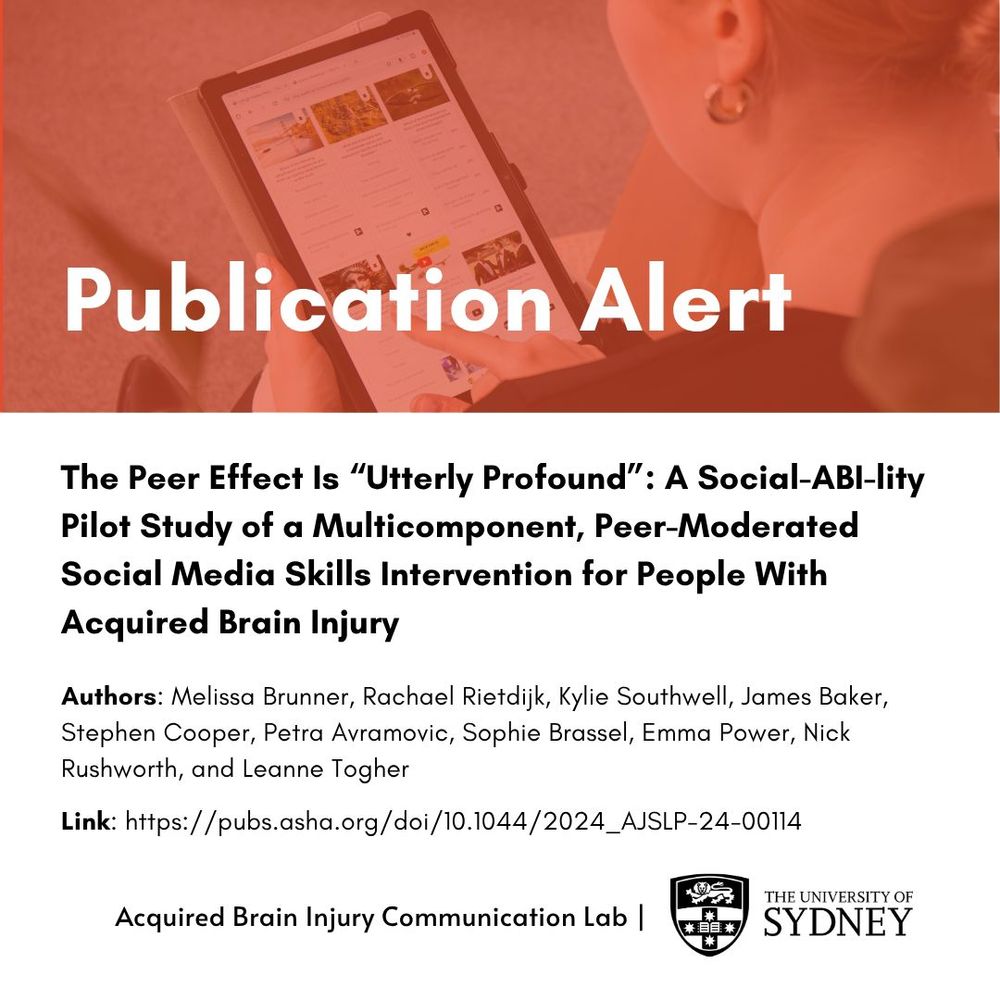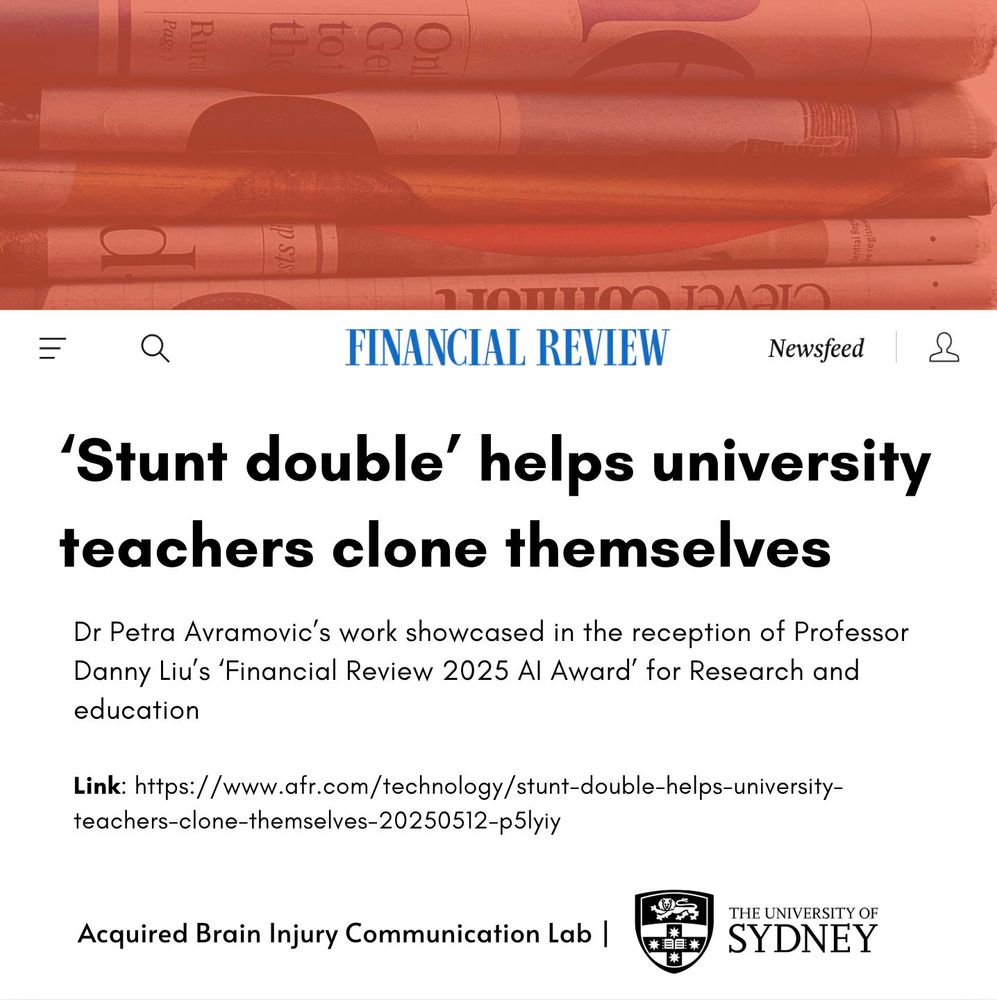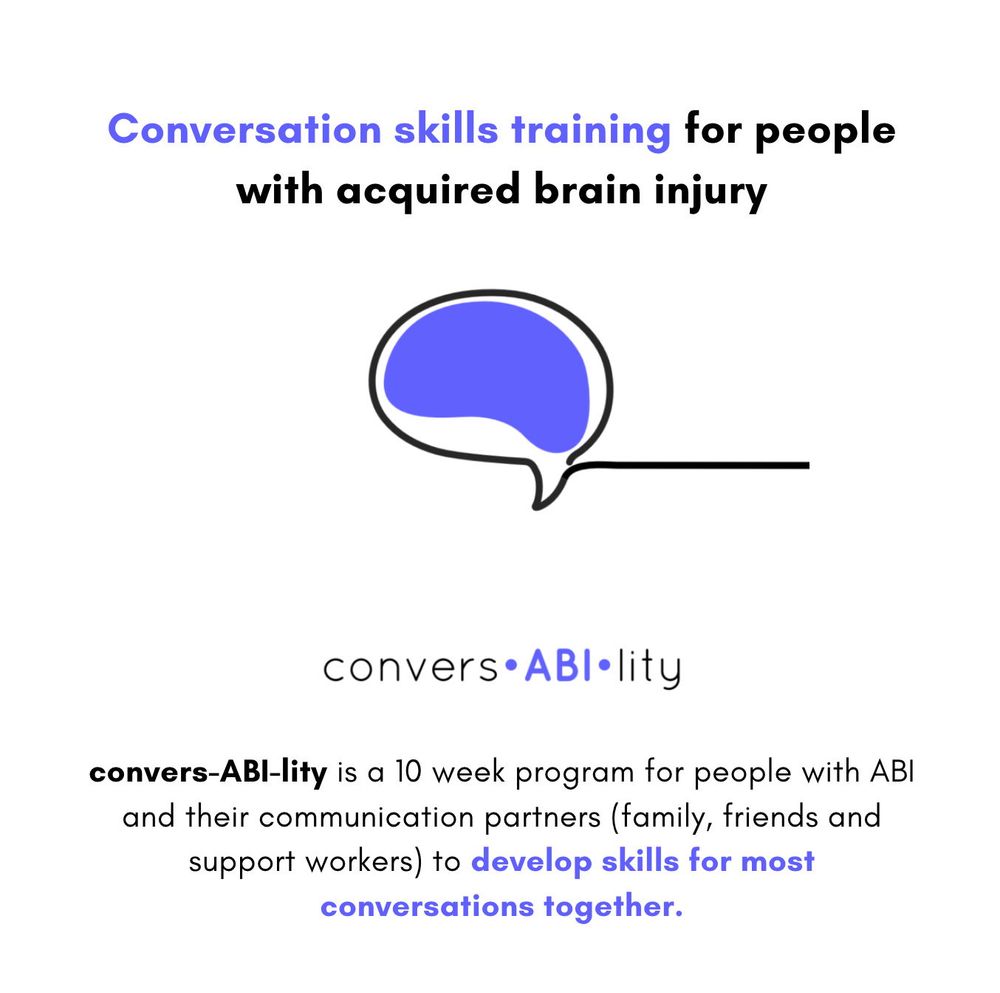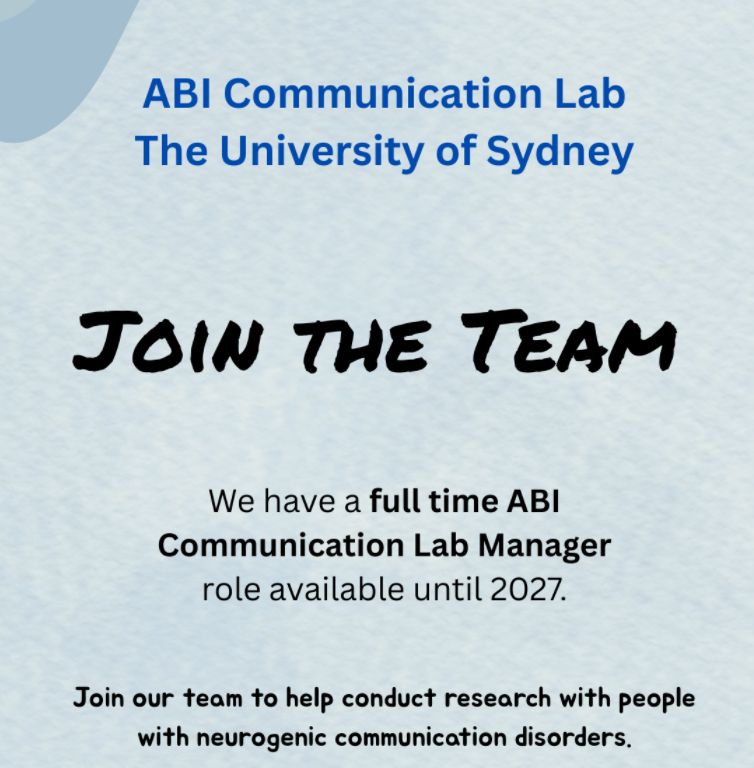Dr Liss (Melissa Brunner)
@lissbee.bsky.social
1.1K followers
1.6K following
110 posts
Senior Lecturer, ABI Communication Lab, The University of Sydney | Convenor, Digital Health & Informatics Network (DHIN) | Associate Editor, Brain Impairment | Super interested in all things 🧠📱 🗣️ 📝🖼️ #bskySPEECHIES | Kuring-gai/Bundjalung Country
Posts
Media
Videos
Starter Packs
Reposted by Dr Liss (Melissa Brunner)
Reposted by Dr Liss (Melissa Brunner)
Reposted by Dr Liss (Melissa Brunner)
Reposted by Dr Liss (Melissa Brunner)
Reposted by Dr Liss (Melissa Brunner)
Reposted by Dr Liss (Melissa Brunner)
Reposted by Dr Liss (Melissa Brunner)
Reposted by Dr Liss (Melissa Brunner)
Reposted by Dr Liss (Melissa Brunner)
Reposted by Dr Liss (Melissa Brunner)
Reposted by Dr Liss (Melissa Brunner)
Reposted by Dr Liss (Melissa Brunner)
Reposted by Dr Liss (Melissa Brunner)
Reposted by Dr Liss (Melissa Brunner)
Reposted by Dr Liss (Melissa Brunner)
Reposted by Dr Liss (Melissa Brunner)
